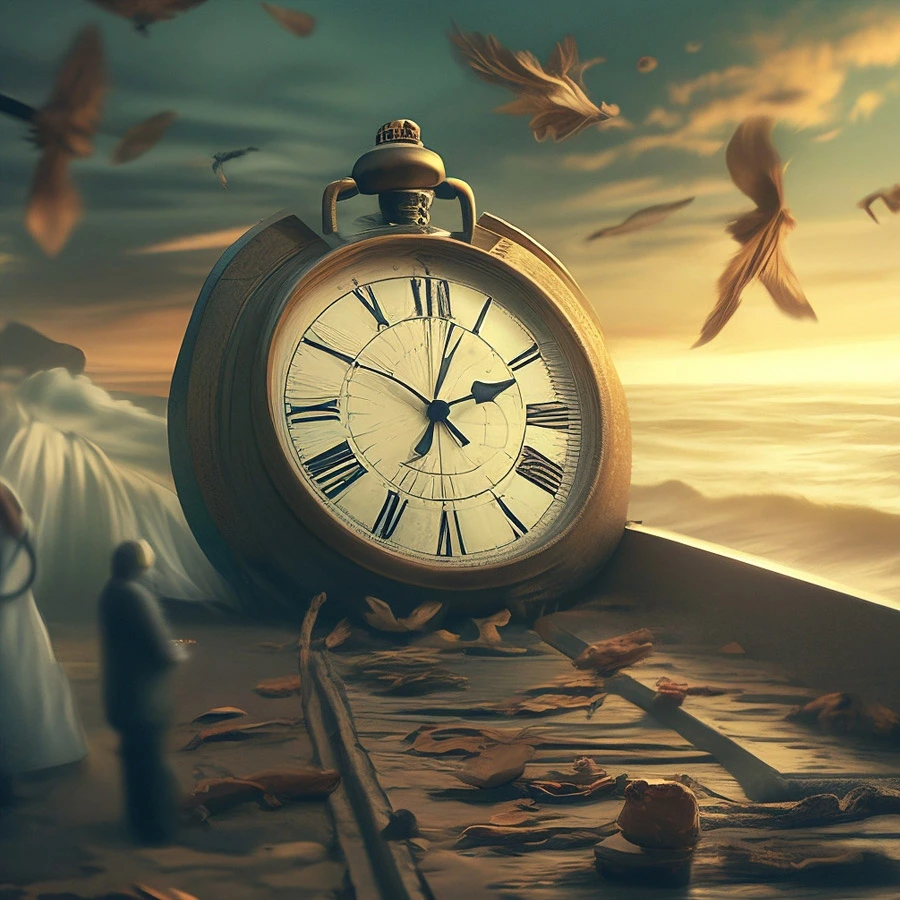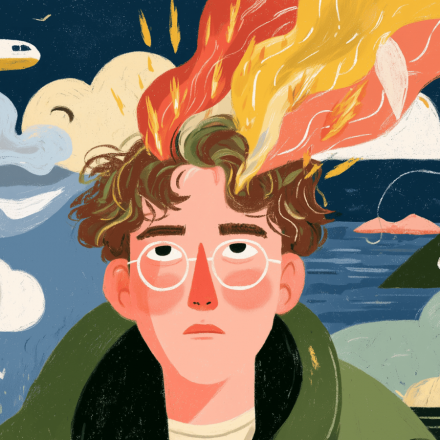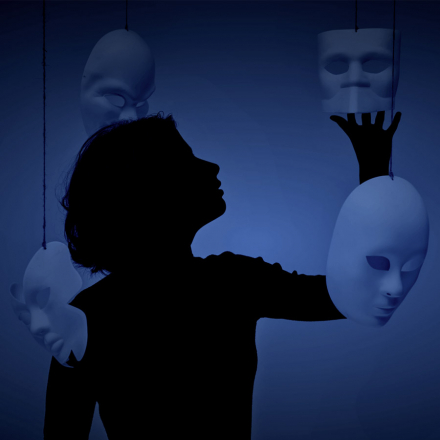Have you ever noticed how waiting for something bad to happen feels worse than the event itself? Here’s an example: scientists studied people who lost their jobs due to factory closures and found that, before the layoffs, they were sicker and more stressed than after. Doesn’t make sense? Let me explain.
According to neuroscientist Tali Sharot, the real culprit is anxiety and uncertainty. When someone fears the worst—layoffs, relationship troubles, or other setbacks—their body and mind stay in a constant state of stress. Cortisol, the stress hormone, weakens the immune system, disrupts sleep, and makes us vulnerable to illnesses.
But after the job loss? The uncertainty disappears. Yes, it’s scary and challenging at first. But the brain shifts from dwelling on negative possibilities to solving problems. People start to act, and action is one of the most powerful antidotes to anxiety.
Why This Matters for Men
As men, we’re wired to tackle problems, not dwell on “what ifs.” When faced with a concrete challenge—finding a new job, mastering a skill, or providing for family—we take control. This brings not just a sense of empowerment but also better health and energy.
The ability to shift focus from endless worry to actionable steps is a superpower worth cultivating. Often, waiting for the worst makes us burn out from the inside.
What to Do if You’re Stuck in Uncertainty
- Identify your fear. What exactly are you afraid of losing? Money, status, respect?
- Create a Plan B. A clear action plan reduces panic.
- Act now. Don’t wait for layoffs, crises, or setbacks. Invest in yourself: learn, network, and stay fit.
- Let go of perfectionism. Mistakes are part of the process. Just keep moving.
And remember, after the darkest night, there’s always a dawn. Just make sure you’re ready to start the next chapter.


















